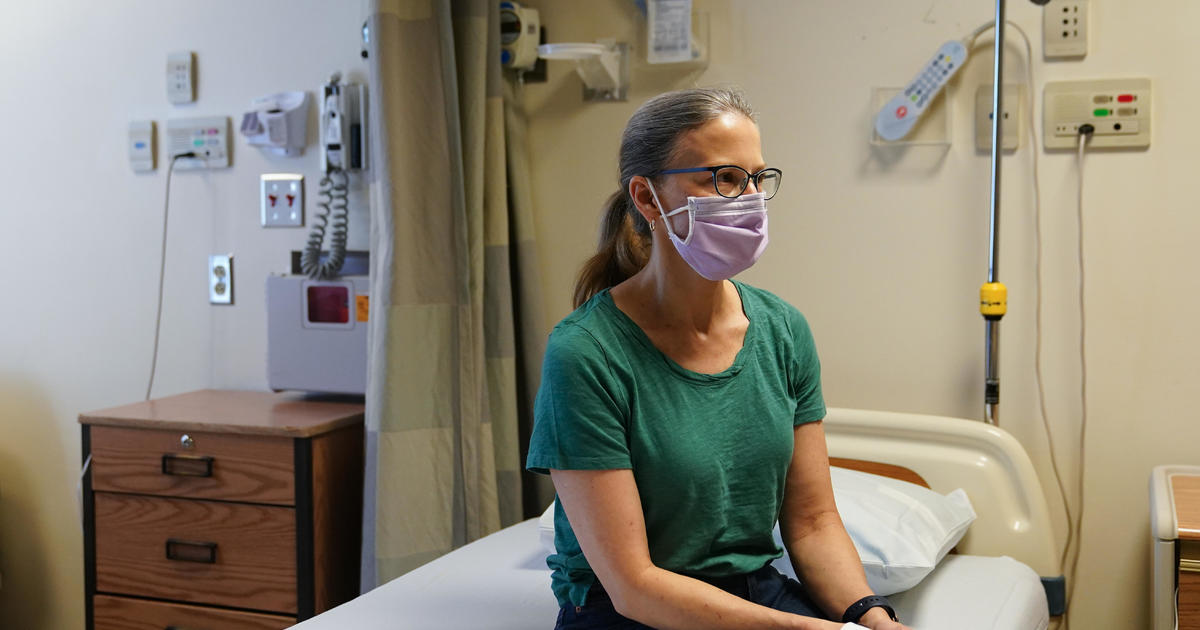Scientists are hopeful that the next major breakthrough in cancer treatment will come in the form of a vaccine. After years of limited success, researchers believe that they have reached a turning point, with many predicting that new vaccines will be available within the next five years. However, these are not your typical vaccines that prevent disease. Instead, they are shots designed to shrink tumors and prevent cancer from returning. Currently, breast and lung cancer are the main targets for these experimental treatments, but there have also been promising results for deadly skin cancer melanoma and pancreatic cancer.
Dr. James Gulley, a lead researcher at the National Cancer Institute, explains, “We’re making progress, but now we need to improve upon it.” One of the key discoveries made by scientists is how cancer evades the body’s immune system. Cancer vaccines, like other immunotherapies, work by boosting the immune system to recognize and destroy cancer cells. Some of the new vaccines even utilize mRNA technology, which was first developed for COVID-19 vaccines.
In order for a vaccine to be effective, it must teach the body’s T cells to recognize cancer as a threat. Dr. Nora Disis of UW Medicine’s Cancer Vaccine Institute explains, “Activated T cells can go anywhere in the body to hunt down and eliminate danger.” Patient volunteers play a crucial role in this research, as they help scientists study the effectiveness of these experimental vaccines.
Kathleen Jade, a breast cancer patient, is one of these volunteers. Instead of embarking on a planned around-the-world adventure, she is receiving an experimental vaccine to see if it can shrink her tumor before surgery. She believes that the chance of success, no matter how small, is worth it. This sentiment is echoed by many others who are participating in vaccine trials.
While progress in treatment vaccines has been challenging, researchers have learned valuable lessons from previous failures. Dr. Susan Domchek of the Basser Center at Penn Medicine is now focusing on patients with earlier stages of disease and is planning a vaccine study for women with a low-risk form of breast cancer.
In addition to treatment vaccines, there is also hope for preventive vaccines that can reduce the risk of developing cancer. Vaccines for hepatitis B and HPV have already been successful in preventing liver cancer and cervical cancer, respectively. Ongoing studies are exploring the development of vaccines for other high-risk conditions, such as precancerous lung nodules and inherited cancer predispositions.
Dr. Steve Lipkin of Weill Cornell Medicine believes that vaccines are the future of reducing cancer deaths. He states, “We’re dedicating our lives to that.” One example of this dedication is the development of personalized mRNA vaccines for patients with melanoma. These vaccines are tailored to each patient based on the specific mutations in their cancer tissue. While these personalized vaccines may be costly to produce, they hold great promise in training the immune system to target and eliminate cancer cells.
Finally, ongoing research at UW Medicine is focused on creating vaccines that can benefit a large number of patients, rather than just one individual. Clinical trials are currently underway for breast cancer, lung cancer, and ovarian cancer. Preliminary results may be available as early as next year.
In conclusion, cancer vaccines offer hope for improved treatment and prevention strategies. With continued research and the participation of patient volunteers, we may soon see a significant breakthrough in the fight against cancer.
Denial of responsibility! VigourTimes is an automatic aggregator of Global media. In each content, the hyperlink to the primary source is specified. All trademarks belong to their rightful owners, and all materials to their authors. For any complaint, please reach us at – [email protected]. We will take necessary action within 24 hours.


